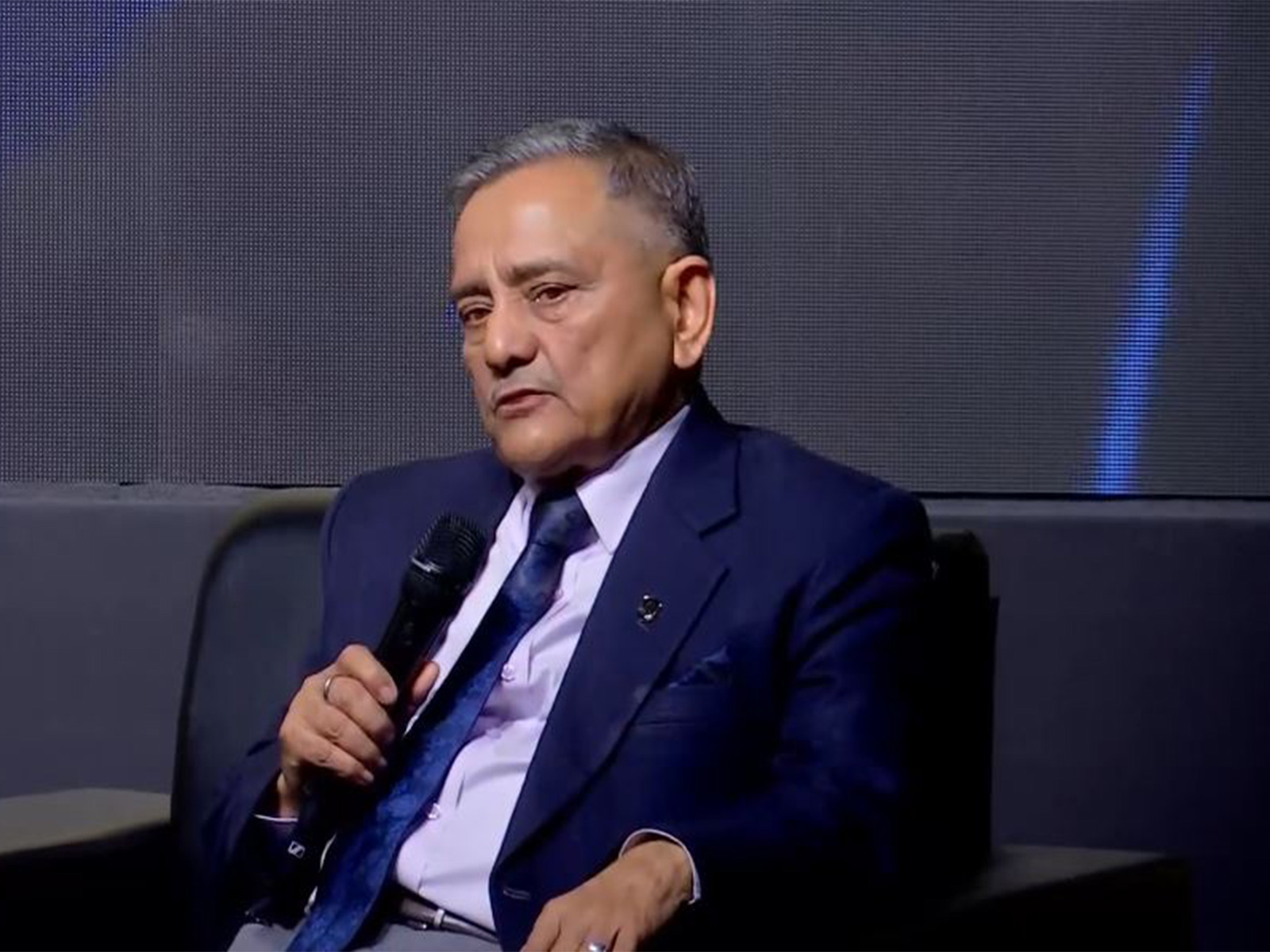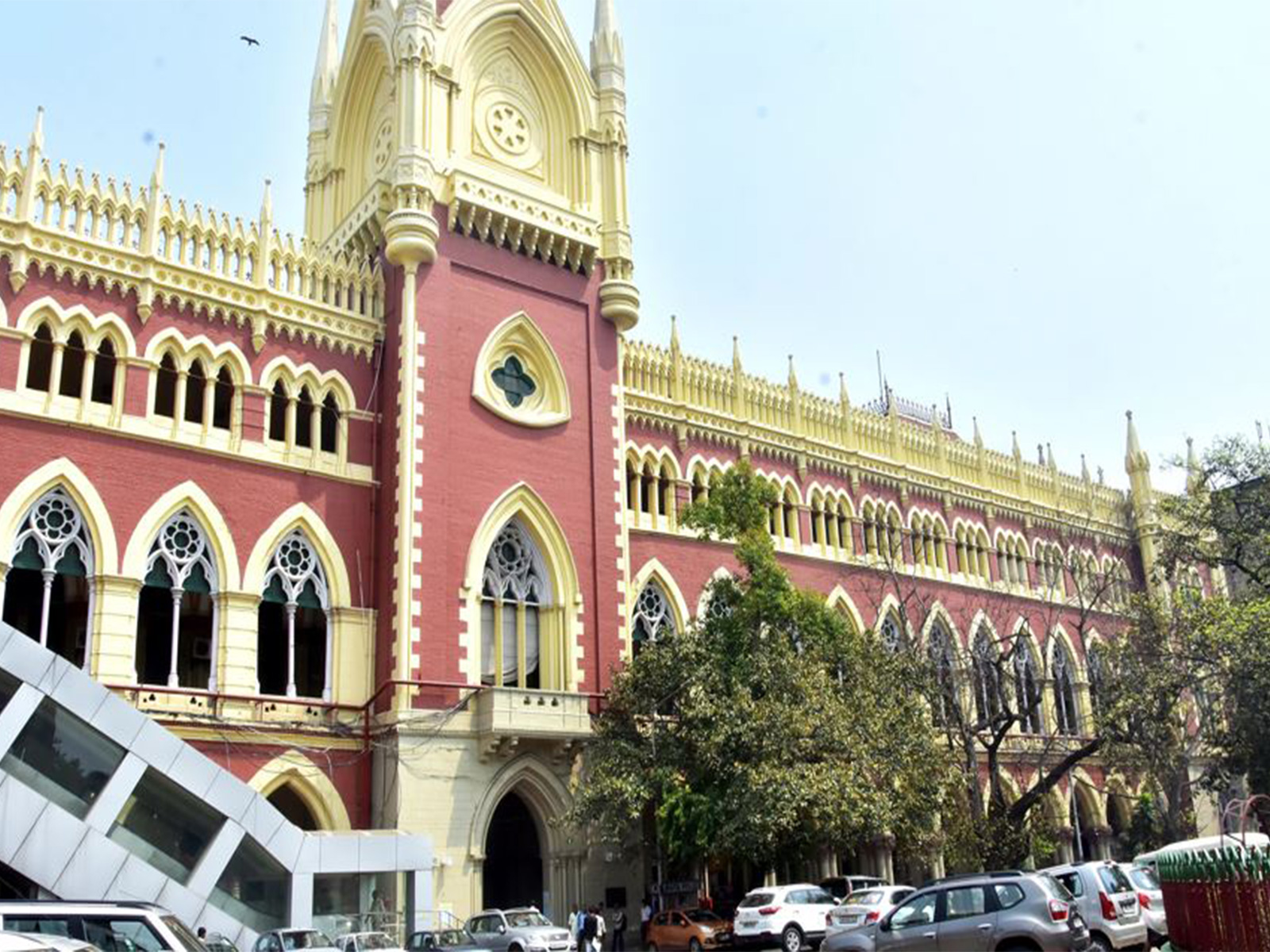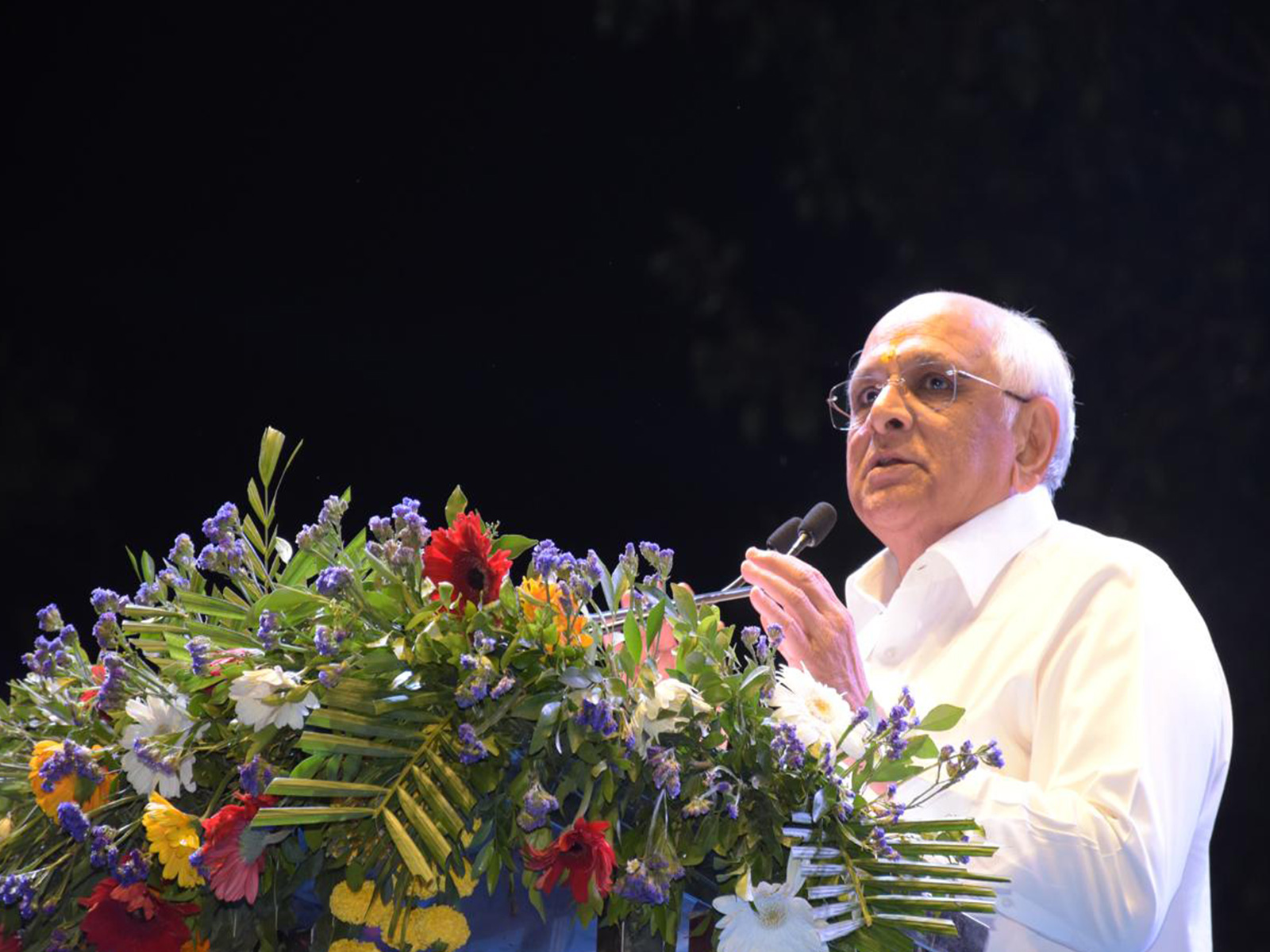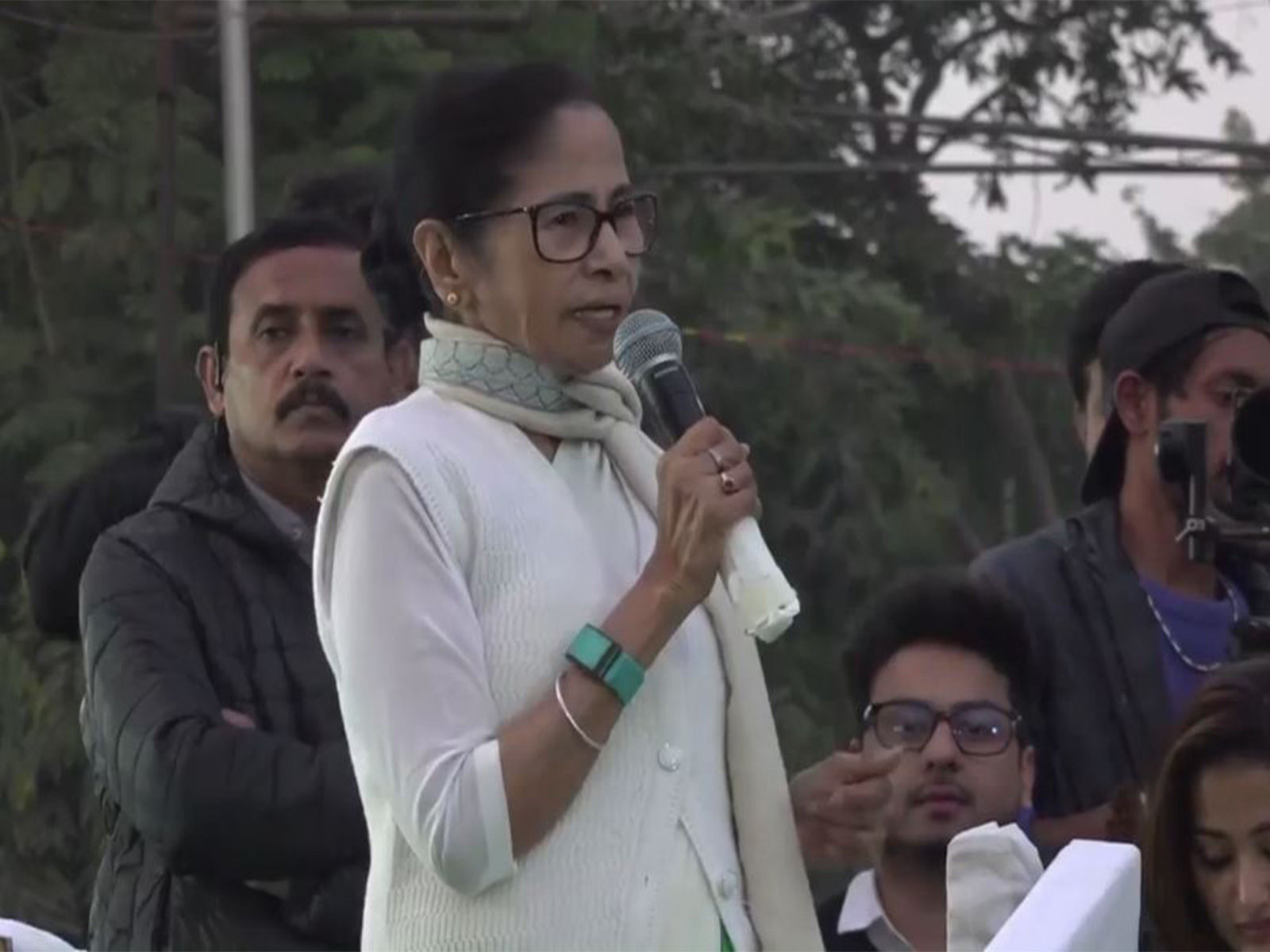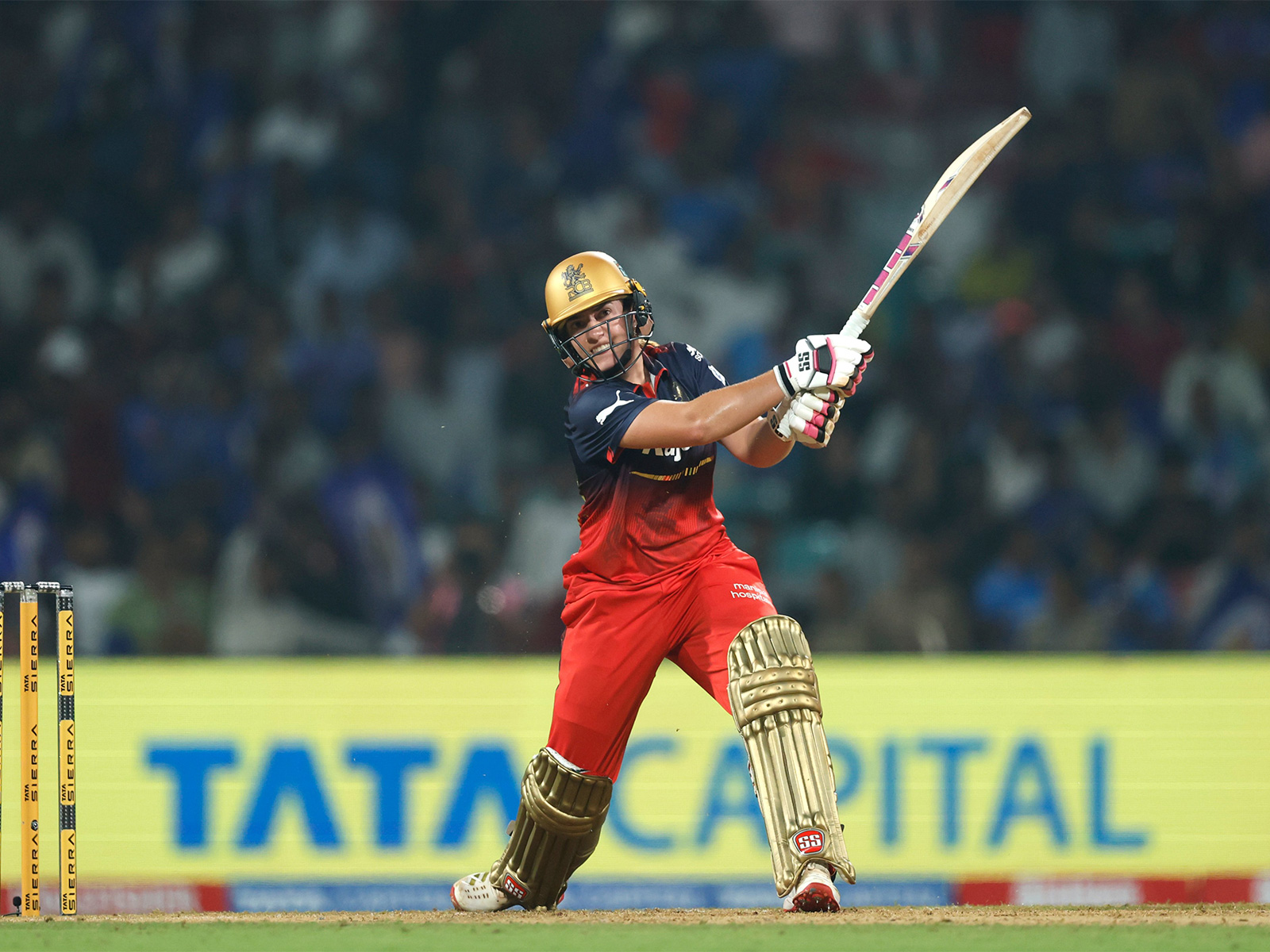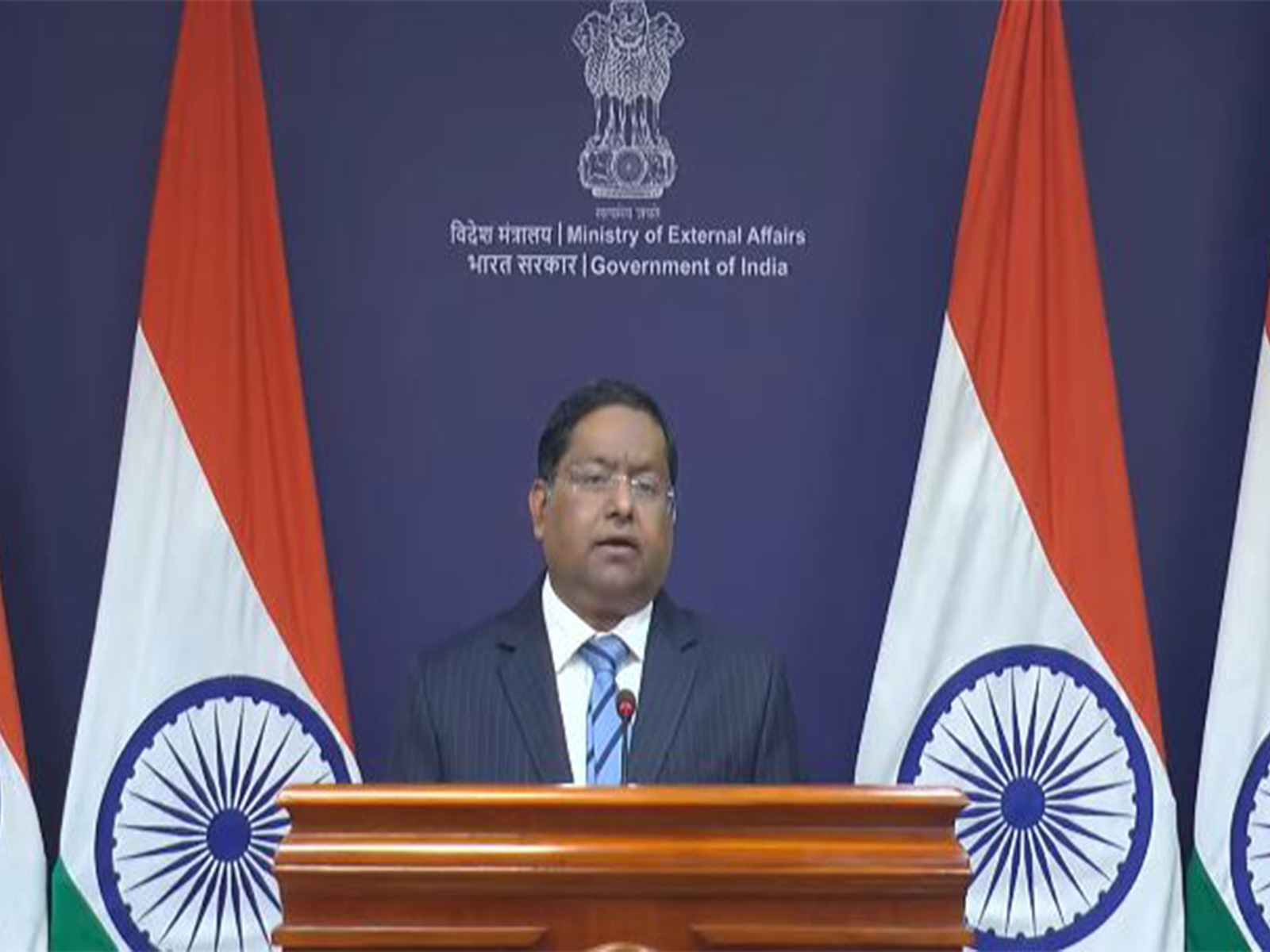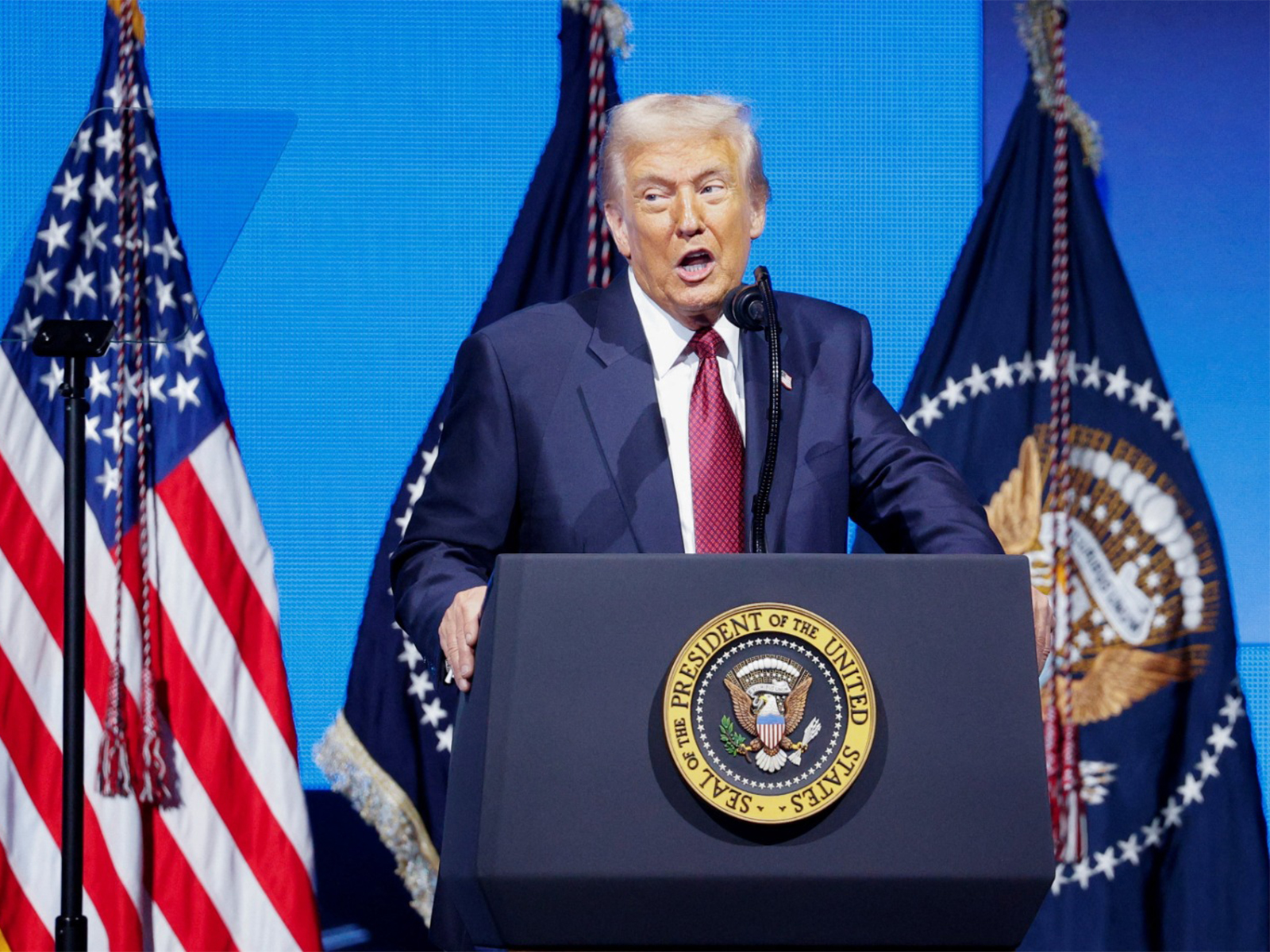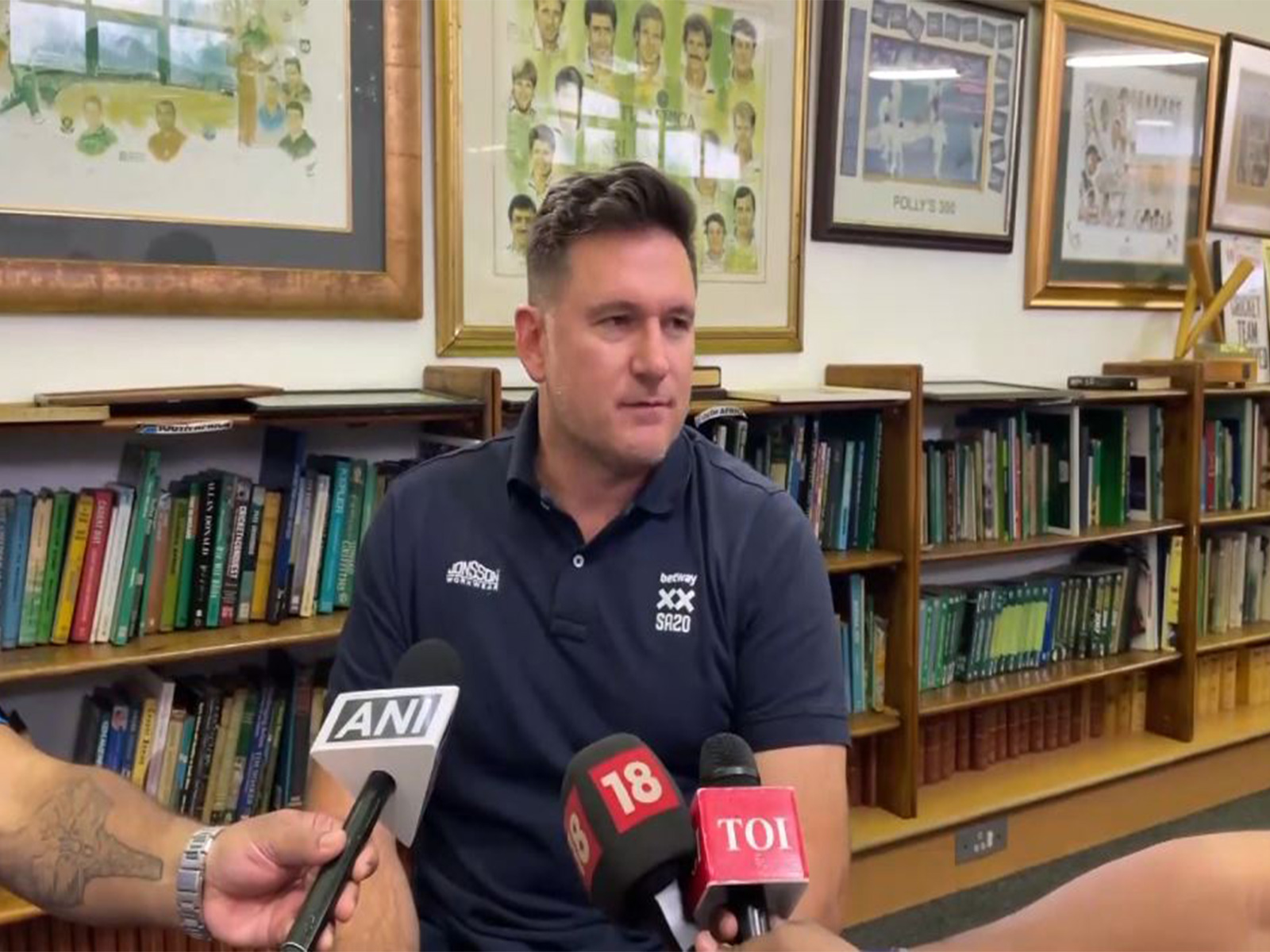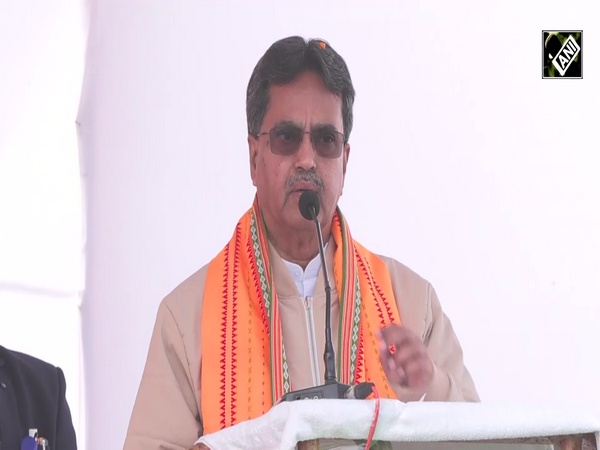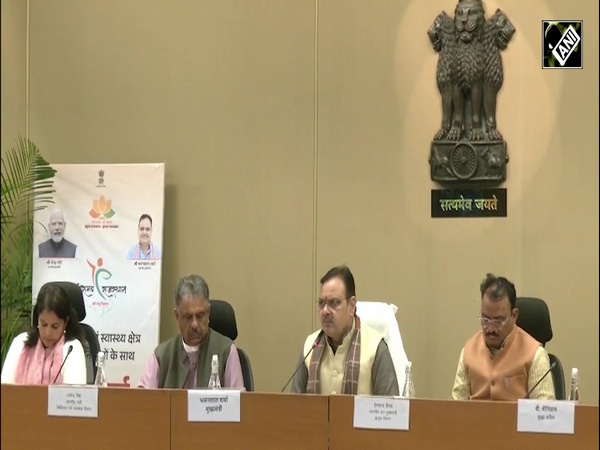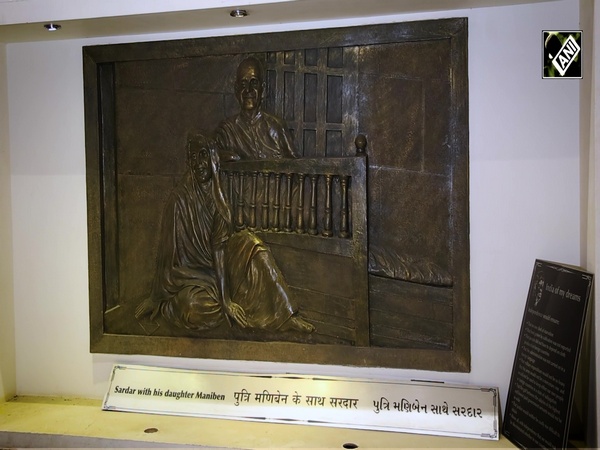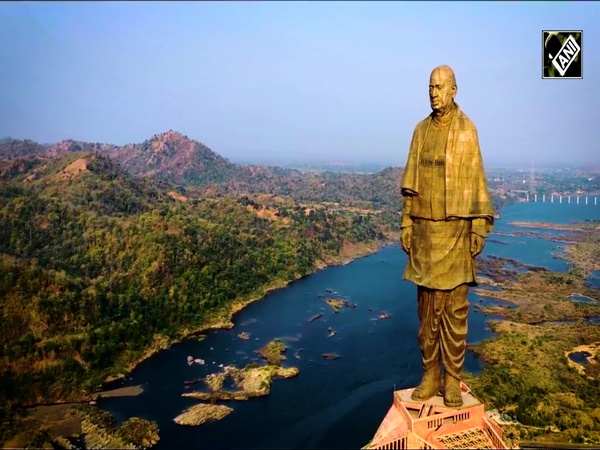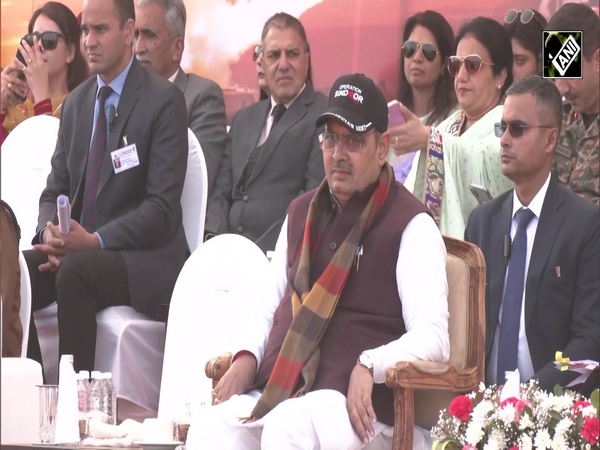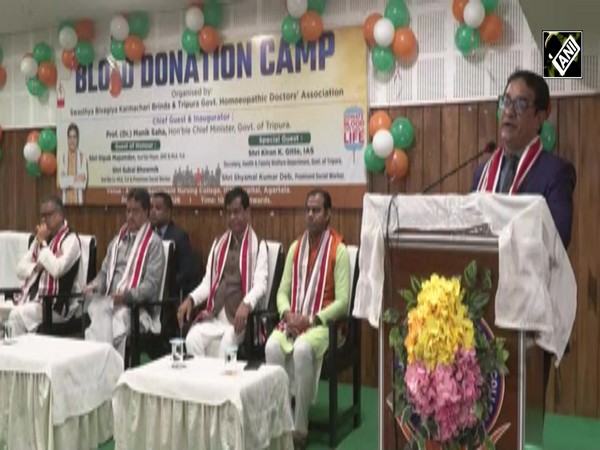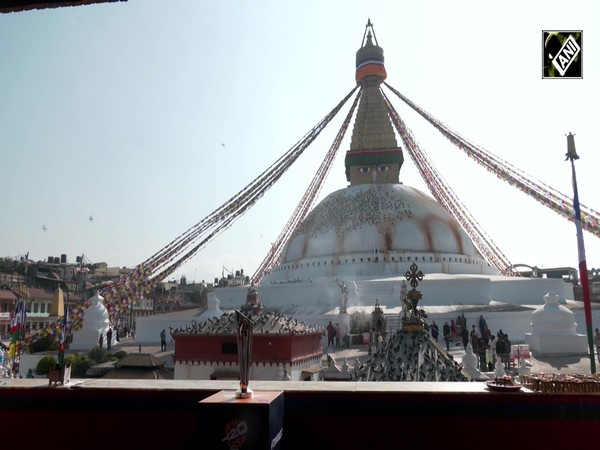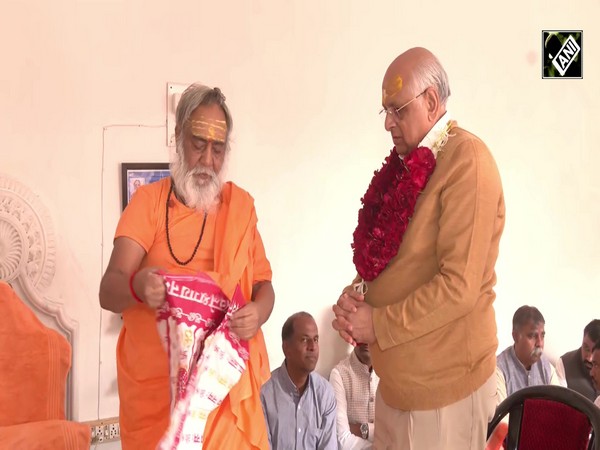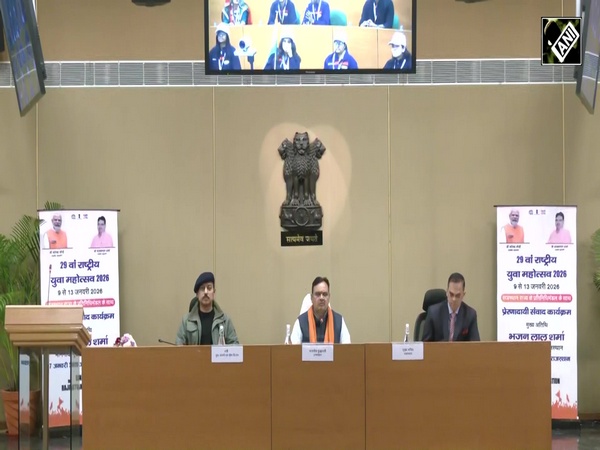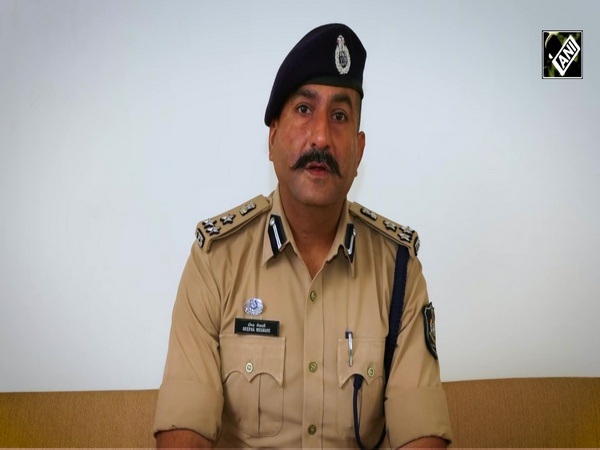"Nehru-Gandhi family cemented that political leadership can be a birthright": Shashi Tharoor says dynastic politics threat to Indian democracy
Nov 03, 2025
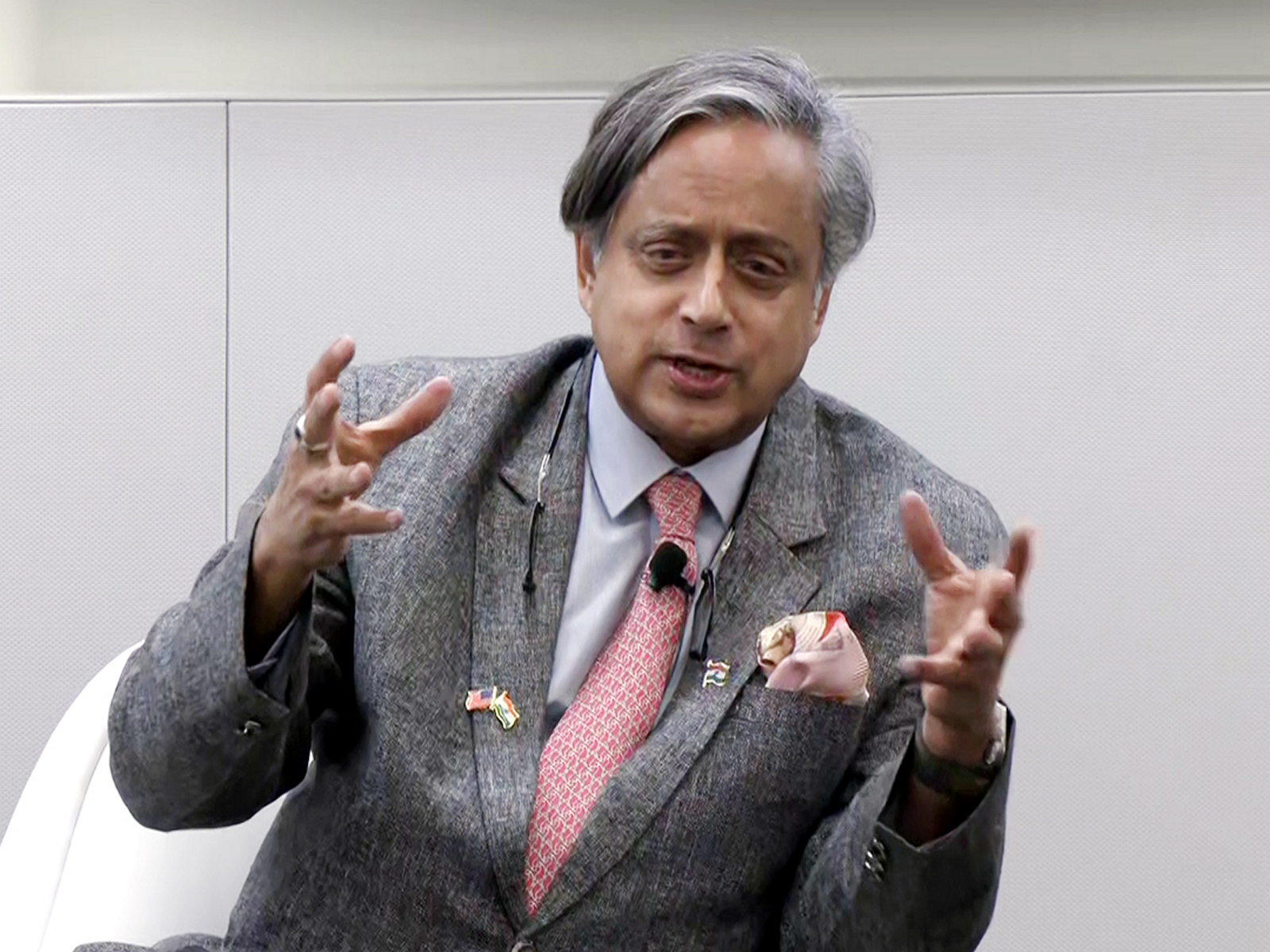
New Delhi [India], November 3 : Congress MP Shashi Tharoor has criticised "dynastic" politics in India, terming it a "grave threat" to democracy, and said it is "high time" the nation moves towards "meritocracy".
In an article titled 'Indian Politics Are a Family Business' on Project Syndicate portal, Tharoor termed "dynastic politics, a threat to Indian democracy", and argued that India must move to "merit-based leadership", a view that may be seen as a swipe at the Congress high command and its INDIA bloc allies like Samajwadi Party (SP), Rashtriya Janta Dal (RJD) and Shiv Sena (UBT).
In the NDA, Tharoor said that the leader of the Lok Janshakti Party, Ram Vilas Paswan, was succeeded by his son, Chirag Paswan.
With just two days left for the Bihar assembly polls, Tharoor wrote that, from India's first Prime Minister, Jawaharlal Nehru, to Indira Gandhi and Rajiv Gandhi, and current leaders Rahul Gandhi and MP Priyanka Gandhi Vadra, the idea has been strengthened that leadership in Indian politics can be a "birthright".
"For decades, one family has towered over Indian politics. The influence of the Nehru-Gandhi dynasty - including independent India's first prime minister, Jawaharlal Nehru, prime ministers Indira Gandhi and Rajiv Gandhi, and current opposition leader Rahul Gandhi and MP Priyanka Gandhi Vadra - is bound up with the history of India's struggle for freedom. But it has also cemented the idea that political leadership can be a birthright," he said in a direct attack on Congress.
He also called out Congress' INDIA bloc allies over dynastic politics, mentioning Shiv Sena (UBT) chief Uddhav Thackeray, his son Aaditya Thackeray, Samajwadi Party chief Akhilesh Yadav, who is the son of former Uttar Pradesh CM Mulayam Singh Yadav. In Jammu and Kashmir, he pointed out the three generations of Abdullahs, and in Tamil Nadu, he highlighted that CM MK Stalin is the son of the late chief minster M Karunanidhi, adding that the family "controls" the ruling Dravida Munnetra Kazhagam (DMK) party.
In the NDA, Tharoor said that the leader of the Lok Janshakti Party, Ram Vilas Paswan, was succeeded by his son, Chirag Paswan.
He wrote, "While the Nehru-Gandhi family is associated with the Indian National Congress, dynastic succession prevails across the political spectrum. After the passing of Bijayananda (Biju) Patnaik - who was influential in the formation of the Janata Dal party - his son Naveen won his father's vacant seat in the Lok Sabha (the lower house of parliament). Naveen subsequently founded the Biju Janata Dal, named in his father's honour, and followed Biju's footsteps in becoming Chief Minister of the state of Odisha, which he led for over two decades."
"The Maharashtra-based Shiv Sena's founder, Bal Thackeray, passed the leadership mantle to his son Uddhav, whose own son, Aditya, is waiting visibly in the wings. The same goes for Samajwadi Party founder Mulayam Singh Yadav, a former chief minister of Uttar Pradesh, whose son, Akhilesh Yadav, later served in the same post; Akhilesh is now an MP and the president of the party. In Bihar state, the leader of the Lok Janshakti Party, Ram Vilas Paswan, was succeeded by his son, Chirag Paswan. Beyond the Indian "heartland," Jammu and Kashmir has been led by three generations of Abdullahs, with the principal opposition party dominated by two generations of Muftis," he added.
"In Tamil Nadu, the late M. Karunanidhi's family controls the ruling Dravida Munnetra Kazhagam party, with his son, M.K. Stalin, now serving as Chief Minister and his grandson anointed as heir apparent," Tharoor wrote.
The Lok Sabha MP from Thiruvananthapuram said that political dynasts hold a financial advantage over newcomers in politics.
"Dynastic families typically possess considerable financial capital, which they have accumulated over years in power. Moreover, they have access to ready-made election machinery, including networks of donors, party workers, and local thugs. This gives them an enormous advantage over political newcomers," he wrote.
He said this sense of "entitlement is so powerful" that it can overshadow "even a poor track record, enabling dynasts to remain at the helm of their parties despite successive electoral defeats."
"When political power is determined by lineage, rather than ability, commitment, or grassroots engagement, the quality of governance suffers. Drawing from a smaller talent pool is never advantageous, but it is especially problematic when candidates' main qualification is their surname," he said, stressing, "Dynastic politics pose a grave threat to Indian democracy."
He concluded by saying that it is "high time India traded dynasty for meritocracy," and called for reforms like "meaningful internal party elections" and empowerment of voters to choose leaders on merit.
"This would require fundamental reforms, from imposing legally mandated term limits to requiring meaningful internal party elections, together with a concerted effort to educate and empower the electorate to choose leaders based on merit. As long as Indian politics remain a family enterprise, the true promise of democracy - 'government of the people, by the people, for the people' - cannot be fully realised," he concluded.
The BJP took this opportunity to take a jibe at the Congress and Mahagathbandhan in Bihar, calling Rahul Gandhi and Tejashwi Yadav "nepo kids".
Sharing an X post, BJP spokesperson Shehzaad Poonawalla praised Tharoor for his insights and wrote, "Very insightful piece written by Dr Shashi Tharoor on how Indian Politics has become a family business - he has launched a direct attack on India's Nepo kid Rahul & Chota nepo kid Tejaswi Yadav!"
"This is why Naamdars of Congress hate Kaamdar Chaiwala PM Modi. Wonder what repercussions will follow against Dr Tharoor for speaking so candidly. Dr Tharoor was already attacked for calling out Nepo kid Rahul Gandhi on Op Sindoor 'surrender narrative'," Poonawalla added.
Earlier, Tharoor had been questioned in the past by Congress leaders after he praised Prime Minister Narendra Modi and criticised US President Donald Trump, following the Tharoor-led delegation's visit to the US, Panama, Guyana, Brazil, and Colombia after Operation Sindoor.
The Congress leader had written a piece saying, PM Modi's "energy, dynamism and willingness to engage remain a prime asset for India on the global stage, but deserve greater backing".
